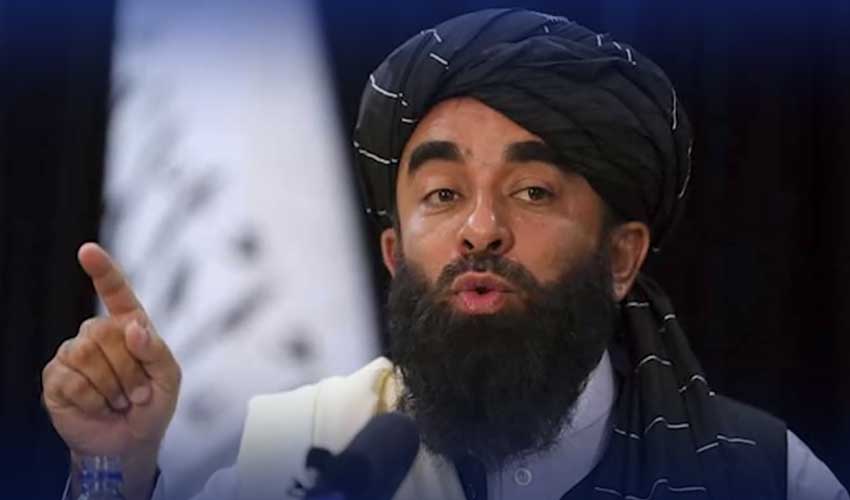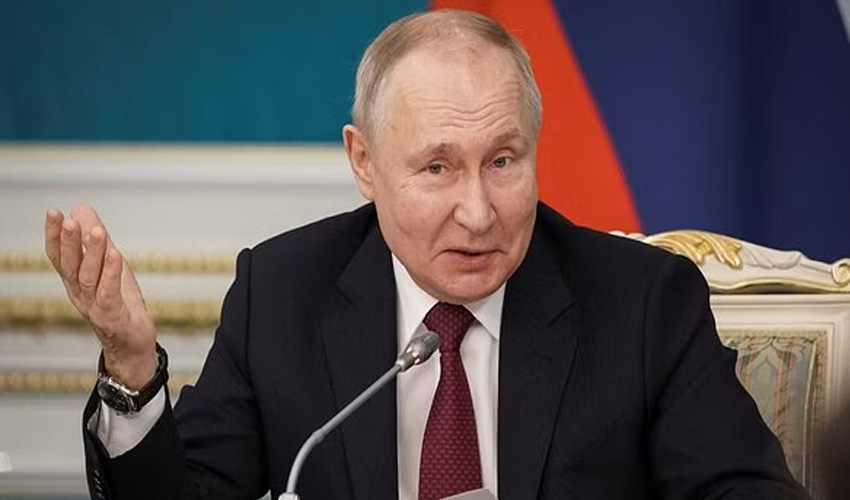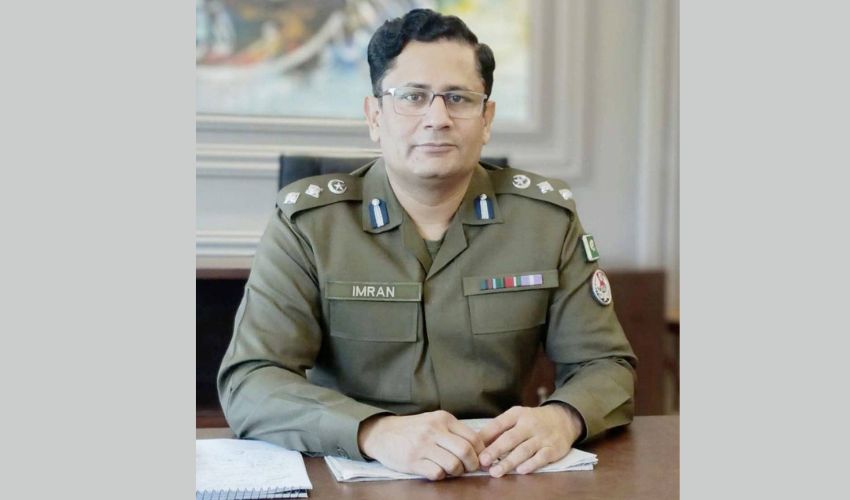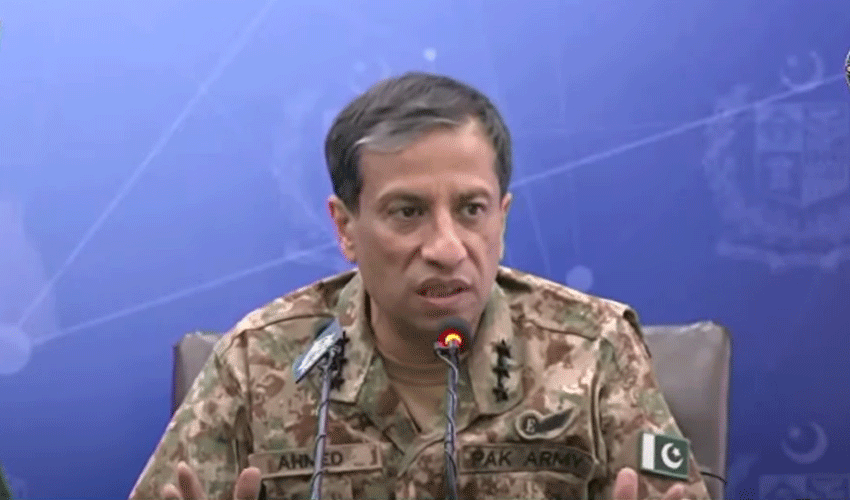The leadership of the Tehrik-i-Taliban Pakistan (TTP) has found refuge in Afghanistan under the protection of the Afghan Taliban, raising concerns about regional security and Pakistan's efforts to combat terrorism.
Despite Pakistan's consistent efforts to foster positive relations with Afghanistan, recent developments have highlighted a troubling dynamic. Afghanistan, historically, has not played a constructive role in its relationship with Pakistan, often exacerbating tensions rather than working towards mutual cooperation.
In contrast, Pakistan has continuously demonstrated its commitment to being a responsible neighbor, offering refuge to Afghan citizens for over three decades. Pakistan has played a crucial role in facilitating the withdrawal of American and NATO forces from Afghanistan over the past 17 years.
However, with the establishment of the interim government by the Afghan Taliban in August 2021, the Tehrik-i-Taliban Pakistan (TTP) wasted no time in pledging its support. This alliance between the Afghan Taliban and TTP has raised concerns about the resurgence of terrorism and its impact on regional stability.
Despite evidence of TTP's presence in Afghanistan and its links to Pakistan, the Afghan Taliban have consistently downplayed the issue, dismissing it as an internal matter for Pakistan. This stance has fueled concerns about the Afghan Taliban's commitment to combating terrorism and their sincerity towards Pakistan.
Reports from credible sources indicate that the Afghan Taliban government is providing full shelter to TTP and its affiliated terrorists, allowing them to operate freely and plan attacks on Pakistani soil. This has further strained relations between the two neighboring countries and undermined efforts to promote peace and stability in the region.
The presence of TTP leaders such as Noor Wali, Qari Amjad, Ikramullah, Azmatullah, Maulvi Faqir, and Hafiz Gul Bahadur in Afghanistan underscores the complex challenges facing regional security. These individuals, designated as global terrorists, pose a significant threat to the peace and stability of Pakistan and the broader region.
The escalation of terrorist activities in Pakistan, particularly in Khyber Pakhtunkhwa, following the Afghan Taliban's rise to power, highlights the urgent need for coordinated efforts to address the root causes of terrorism and extremism.
Pakistan has called on the Afghan Taliban to extradite TTP leaders, including Hafiz Gul Bahadur, who have been implicated in numerous terrorist attacks in Pakistan, including the assassination of former Prime Minister Benazir Bhutto in 2007.
The continued sheltering of TTP leaders by the Afghan Taliban not only undermines Pakistan's efforts to combat terrorism but also raises questions about the Afghan Taliban's commitment to regional peace and stability. As the situation evolves, the international community remains vigilant in monitoring developments in Afghanistan and their implications for regional security.



























